A weighted blanket is used to help with anxiety and sleep. Those with Autism, ADHD, PTSD and more are turning to weighted blankets …have you tried this yet?
A good night’s sleep doesn’t just depend on where you lie down; It’s also about what you lie under. A good sleep at night is one of the essential requirements of a healthy life. It keeps us free from stress. People having anxiety problems, insomnia, and other psychological issues which include the feeling of stress, restlessness, fear, find it difficult in having a deep, peaceful sleep.
According to research, the type of blanket one uses while sleeping affects their sleep. Among the various kinds of blankets available, the weighted blanket has been proved to provide a deep and peaceful sleep.
Read: What Is High Functioning Anxiety Disorder?- Signs, Effects And How To Deal With It
Now, The Question Comes: What Is A Weighted Blanket?
A weighted blanket is heavier than quilts and normally for an adult, manufacturers and health professionals suggest that it should be between 5 to 10 percent of the bodyweight of the adult. For children, it is supposed to be around 10 percent of their body weight with an additional one or two pounds.
Lines with evenly distributed weight, it is designed in such a way that it makes the user feel warm and the gentle pressure provided by the blanket creates a feeling of being hugged. This sensation helps in relaxing the nervous system, thereby, improving people’s moods.
How Does It Work?
A weighted blanket gives the warmth and security of a hug by a gentle, firm pressure that goes within the body and gives a sense of security, helping the body to relax. The body releases oxytocin which reduces blood pressure slows down heart race and thereby helps in calming down the nervous system.
According to researchers, the pressure of the weighted blanket triggers some release of chemicals in the brain like serotonin which helps in improving the mood and reduces stress. The melatonin hormone is released with the release of serotonin. This hormone promotes and induces sleep and thereby helps in regulating the cycle of sleep.
With the release of these hormones, the parasympathetic nervous system is activated which helps in reducing the sensations of stress, fear, and anxiety, creating a feeling of safety and security.
Scientists have affirmed these medicinal properties of weighted blankets:
According to a study conducted by Occupational Therapy, 32 adults were using 30 pounds of a weighted blanket. 63 percent of participants reported lower anxiety, 33 percent reported lowering in electrodermal activity (EDA) and 78 percent chose a weighted blanket to feel calm and relieved.
In a study published in Australasian Psychiatry, in 2012, individuals suffering from anxiety reported that their stress has been reduced significantly as compared to those who didn’t.
Tori Boucher, a counselor of Autism Spectrum Disorder explained to the Medical Daily that the Native Americans and other indigenous tribes would wrap their babies in a swaddle or cradleboard.
A number of hospitals and birthing centers have now started adopting this using weighted blankets. Dr. Temple Grandin in the Journal of Child and Adolescent Psychopharmacology explained that light touch alerts the nervous system as opposed to the soothing effect of deep pressure.
Other Effects Of A Weighted Blanket Are:
A weighted blanket helps in the proper functioning of memory by promoting sleep. According to Dr. Matthew Walker, a sleep scientist at the University of California, Berkley, sleep before learning helps in preparing the mind for new information and sleep after learning helps in saving the content. Thus, memory functions well with the sleep provided by a weighted blanket.
Since a weighted blanket induces sleep and soothes the nervous system, it is extremely helpful for people with anxiety, ASD, PTSD, bipolar disorder, sleep disorder, depression, trauma, paranoia, and similar other psychological conditions.
Read: Anxiety Symptoms: The Different Ways In Which Anxiety Manifests Itself
Who Should Try It?
Weighted blankets are beneficial and work best for people with:
- Bipolar disorder
- PTSD
- ADHD
- Sleep disorders
- Anxiety
- Depression
- Trauma
- Paranoia
How To Use One
The ideal weight of your blanket is entirely subjective. Most adults prefer a weight of between 15 to 30 pounds which is said to be safe as it doesn’t interfere with adults’ normal vital functions. But it is safer to seek professional advice on the weight of a weighted blanket for children and elderly adults. Also, people suffering from respiratory, circulatory, and other medical conditions should consult a doctor before use.
One can make a weighted blanket at home (here’s a tutorial video below) or buy from the store, enjoy a great reduction in anxiety and sleep well.
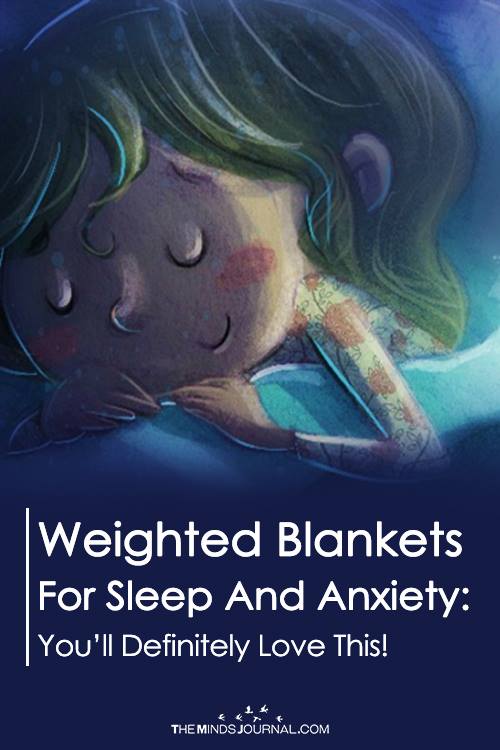




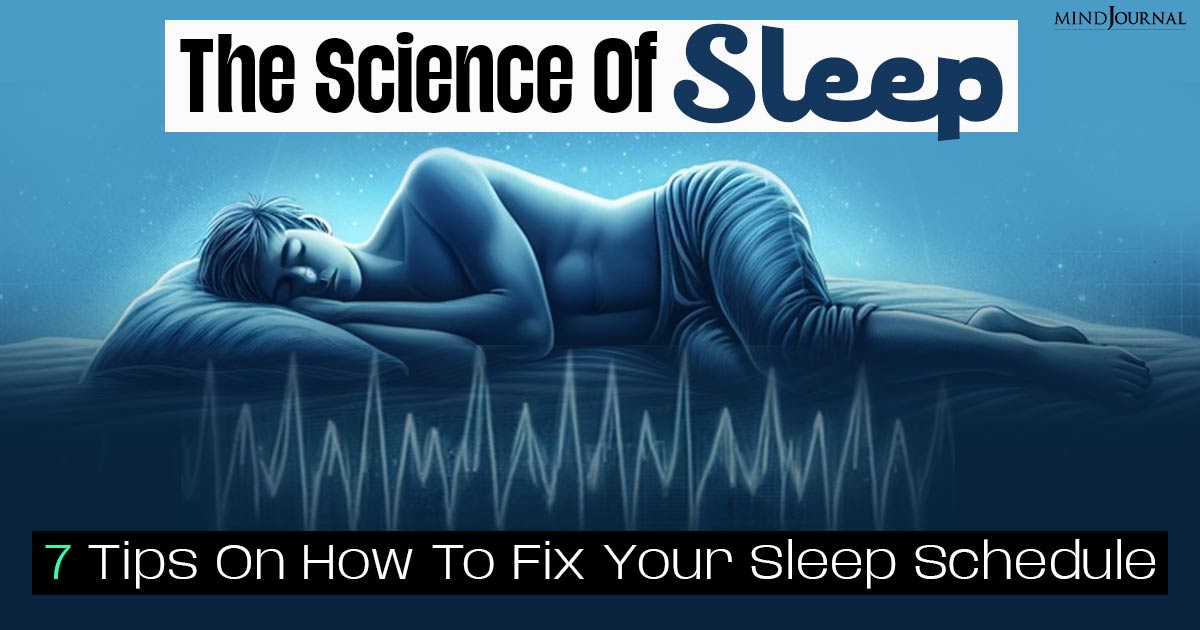
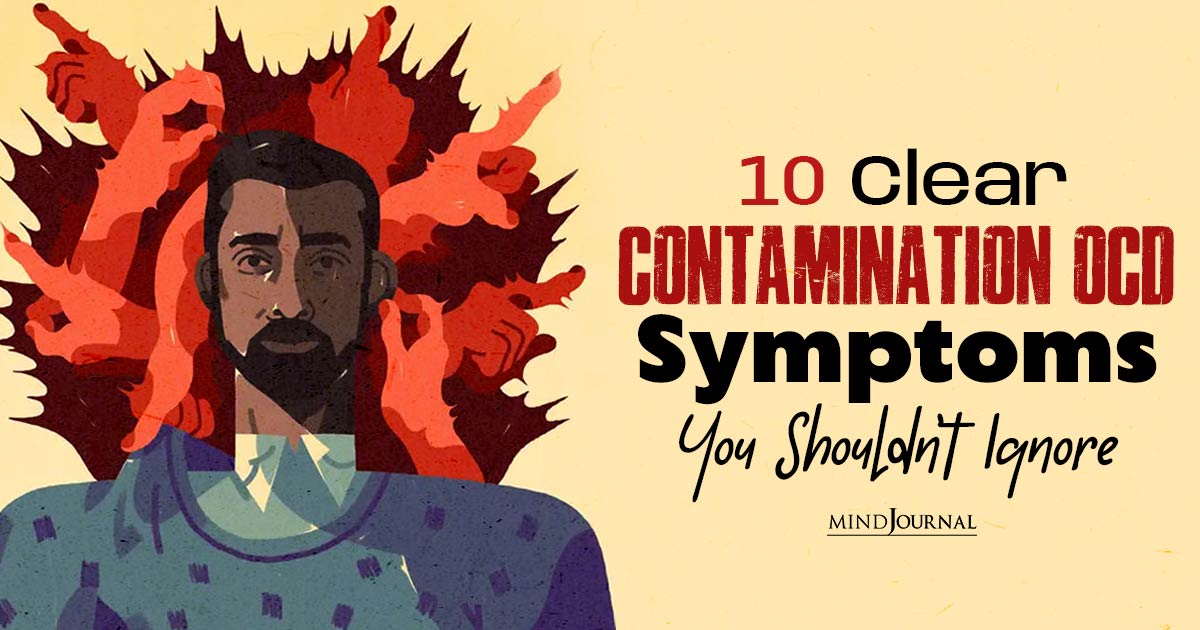

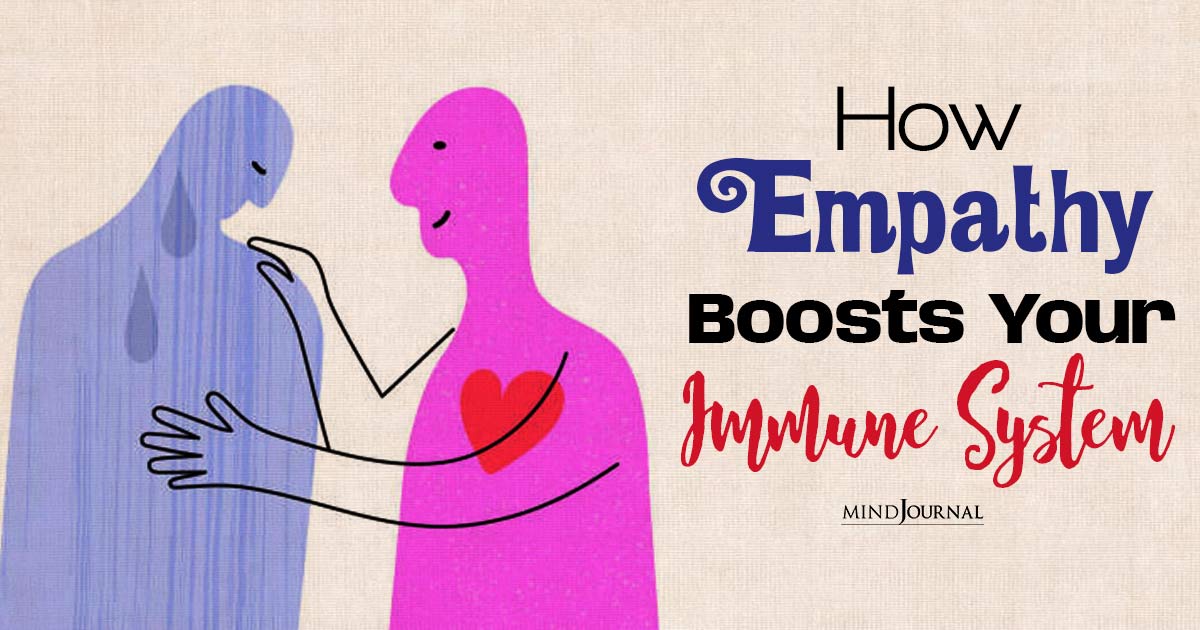
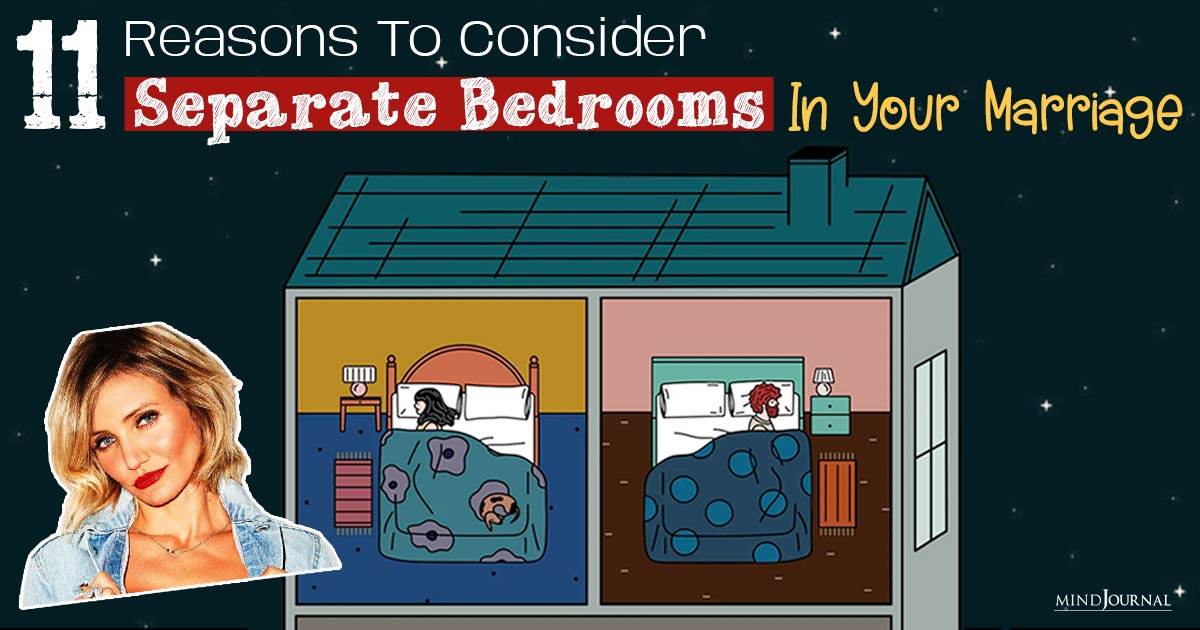
Leave a Reply
You must be logged in to post a comment.